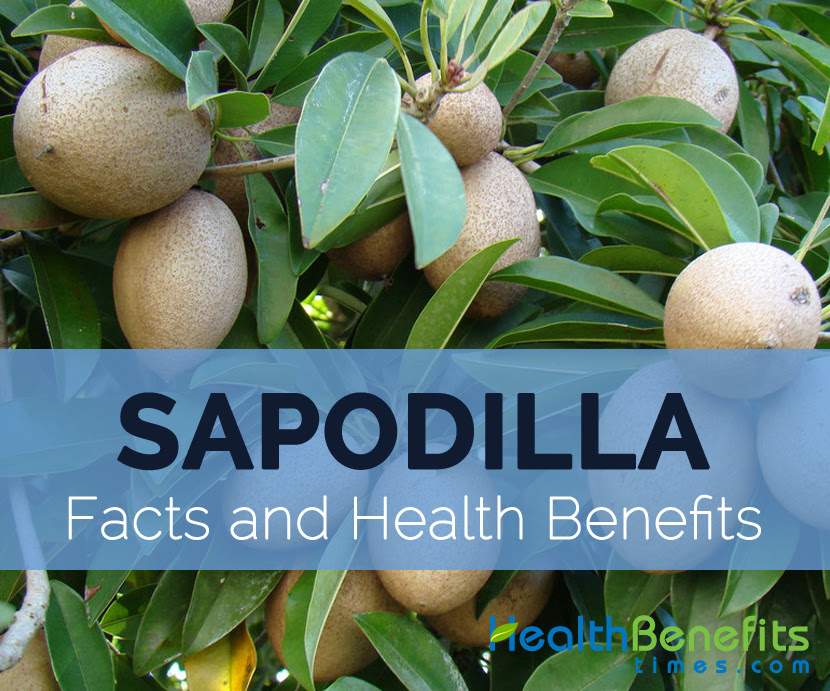The WHO breastfeeding resolution behind the debate
Story highlights
- The Trump administration reportedly wanted to water down an international resolution promoting breastfeeding
- UNICEF and WHO recommend exclusive breastfeeding from within an hour of birth until the baby is 6 months old
(CNN)An international resolution promoting breastfeeding was at the center of negotiations between delegates from the United States and other countries during this year's meeting of the World Health Assembly (the decision-making body of the World Health Organization), held in the spring.
Some US delegates reportedly wanted to water down the resolution, while others wanted to maintain strong language, leading to a debate on the floor, seen in an online webcast.
In the end, "delegates at this year's World Health Assembly unanimously renewed their commitment to invest and scale up nutrition policies and programmes to improve infant and young child feeding. We are not in a position to comment on exchanges between different delegations," WHO spokesman Tarik Jašarević wrote in an email.
Despite the controversy, in the medical world, breastfeeding is not such a contentious topic.
"WHO recommends breastmilk as the best source of nourishment for infants and young children. Exclusive breastfeeding for the first six months is one of the most effective ways to ensure child health and survival," Jašarević said.
"If all infants under the age of six months were exclusively breastfed, we estimate that about 820,000 child lives would be saved every year," he said. "Today, however, globally, only 40% of infants under six months of age are exclusively breastfed."
The countries that breastfeed the most and least
Responding to the account of the WHO resolution, US Department of Health and Human Services spokeswoman Caitlin Oakley said in a statement that the US "has a long history of supporting mothers and breastfeeding around the world and is the largest bilateral donor of such foreign assistance programs."
"The United States was fighting to protect women's abilities to make the best choices for the nutrition of their babies," she said. "Many women are not able to breastfeed for a variety of reasons, these women should not be stigmatized; they should be equally supported with information and access to alternatives for the health of themselves and their babies."
President Donald Trump tweeted similar sentiments on Monday, posting that the US "strongly supports breastfeeding but we don't believe women should be denied access to formula. Many women need this option because of malnutrition and poverty."
The original WHO resolution "does not in any way 'deny access to infant formula,' " said Aunchalee Palmquist, an assistant professor in the Department of Maternal and Child Health and the Carolina Global Breastfeeding Institute at the University of North Carolina at Chapel Hill.
The resolution called for increased commitment by member countries to specifically protect, promote and support breastfeeding practices for mothers who wish to breastfeed, Palmquist said.
The resolution also outlined specific ways that may be achieved, she said, including supporting the Baby-Friendly Hospital Initiative, a toolkit that assists hospitals in giving mothers "the information, confidence, and skills necessary to successfully initiate and continue breastfeeding their babies or safely feed with formula," according to its website.
"A major risk of formula feeding in low-income settings is that the formula is available without the other safety precautions," Palmquist said.
"It is often sold over the counter -- or in emergencies distributed as blanket donations -- as if it's as safe as breastmilk, when that is not the case," she said. "Many parents and infant caregivers feed their infants formula without any understanding of how dangerous it can be for their infant or what practices need to be in place to make it safer."
Those risks include creating the formula precisely as instructed, storing it safely and cleaning and sanitizing bottles so the infant doesn't get sick.
A UNICEF report published in May found that more than one in five babies is never breastfed in high-income countries, whereas one in 25 babies is never breastfed in low- and middle-income countries.
Among the high-income countries, Ireland, France and the United States had the three lowest breastfeeding rates, according to that report.
In the US, 83% of babies start out being breastfed, but only 25% are exclusively breastfed six months later, according to the US Centers for Disease Control and Prevention. Breastfeeding rates are significantly lower for black infants.
In comparison, among the low- and middle-income nations, the UNICEF report showed that nearly nine in 10 babies were breastfed, even in the countries with the lowest breastfeeding rates for that group. The percentage of babies ever being breastfed was above 88% in all of those countries, reaching above 99% in Bhutan, Nepal and Sri Lanka.
The country-by-country differences in breastfeeding rates could be due to cultural norms, having the ability to breastfeed while in the workplace or having access to safe and affordable alternatives to breast milk, among other factors.
"There are major political, economic and social factors that shape breastfeeding patterns in global settings," Palmquist said.
For instance, "mothers who must return to work shortly postpartum face enormous challenges in establishing lactation and continuing to breastfeed as recommended," she said. "They may have to work away from their infants and rely on others to care and feed their infants. They may also not have the support of skilled breastfeeding counselors and other health care providers who can assist them with breastfeeding difficulties."
Breastfeeding can come with short- and long-term benefits for both mom and baby, especially in low-income settings, Palmquist said.
"In settings where there is high poverty and weak public health infrastructure -- for example that ensures clean water, sanitation, routine child immunizations -- exclusively breastfeeding in the first six months of life is not only a primary source of food security for infants, it gives them immunological protection against infections and malnutrition," Palmquist said.
"In addition to reducing risk for chronic diseases and sudden infant death syndrome, breastfeeding is associated with a reduction of ear infections, upper respiratory infections and gastrointestinal infections when compared with formula feeding. This is because human milk contains immunological components that protect infants from infection, through passive immunity," she said.
"Breastfeeding also reduces the risk that mothers will become impoverished by their dependence on formula to feed their infants; formula is expensive and not always available to families in low-income settings," she said.
'Mothers require more than just encouragement to breastfeed'
In the US, the American Academy of Pediatrics policy on breastfeeding is one of its most accessed policies. It recommends to exclusively breastfeed in the first six months of an infant's life, followed by breastfeeding in combination with the introduction of complementary foods until at least 12 months of age.
"Medical contraindications to breastfeeding are rare," the policy's abstract states.
In the United Kingdom last month, the Royal College of Midwives published a new position statement on infant feeding.
"Exclusive breastfeeding for the first six months of a baby's life is the most appropriate method of infant feeding. Breastfeeding should continue alongside complementary foods for up to two years," the position statement recommends.
UNICEF and WHO also recommend exclusive breastfeeding from within an hour of birth until the baby is 6 months old. Thereafter, nutritious complementary foods should be added to a child's diet while continuing to breastfeed for up to 2 years or beyond.
For mothers who are unable to breastfeed for medical reasons, such as having the human immunodeficiency virus or not producing enough milk, it is recommended to consult with a trained health care professional for support and guidance.
"Mothers require more than just encouragement to breastfeed," Palmquist said. "They need to have support at all levels of society, including multilevel support for policies and practices to protect, promote and support this basic human right."





Comments
Post a Comment